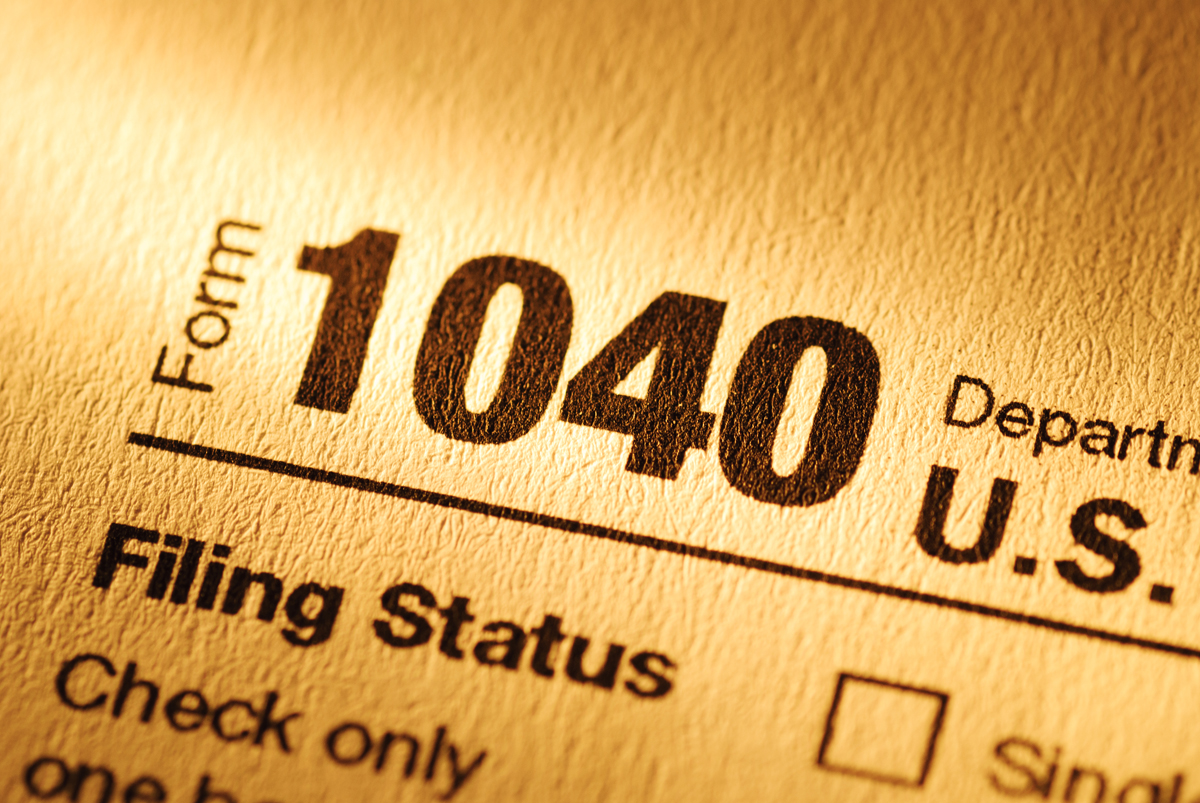how far back does the irs go to collect back taxes
Theoretically back taxes fall off after 10 years. IRS Previous Tax Returns At the very most the IRS will go back six years in an.

Are There Statute Of Limitations For Irs Collections Brotman Law
For example if an individuals 2018 tax return was due in April 2019 the IRS acts within three years from the.
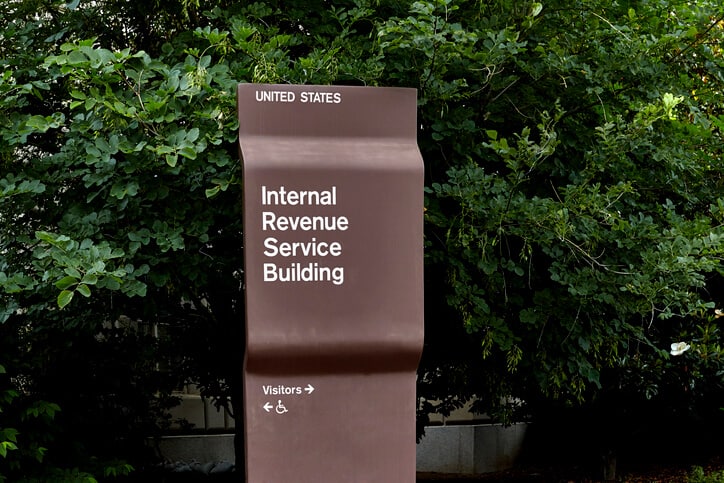
. The IRS will require any taxpayer to go back and file your last six years of tax returns. Generally under IRC 6502 the IRS will have 10 years to collect a liability from the date of assessment. Most taxpayers can rest assured that after 3 years it is highly unlikely.
You cant calculate how far back the IRS can collect taxes without knowing when the countdown clock starts. How far back can the IRS collect unpaid taxes. Further the IRS will only allow you to collect on tax refunds owed to you within the last three years.
Taxpayers are encouraged by the IRS to file all missing tax returns if possible though. IN GENERAL the IRS has 3 years from the date a return is filed to make an assessment and 10 years from the assessment to collect any deficiencies. How Many Years Can The Irs Collect Back Taxes Generally under IRC 6502 the IRS will have 10 years to collect a liability from the date of assessment.
Generally under IRC 6502 the IRS will have 10 years to collect a liability from the date of assessment. If the IRS shows up after that you may be able to say the statute of limitations has run. This means that the IRS can in theory go back decades to assess taxes and penalties when returns were not filed but this rarely actually happens.
Can the IRS collect after 10 years. Generally under IRC 6502 the IRS will have 10 years to collect a liability from the date of assessment. Generally under IRC 6502 the IRS will have 10 years to collect a liability from the date of assessment.
The IRS 10 year window to collect. Once you file a tax return the IRS only has a decade to collect your tax liability by levying your wages and bank account or filing a. After this 10-year period or statute of limitations.
After this 10-year period or statute of limitations has expired the IRS can. The IRS 10 year statute of limitations starts on the day that your. In most cases the IRS goes back about three years to audit taxes.
The IRS can go back as far as six years but generally youll only see audits for up to three years. How many years can the IRS collect back taxes. After the IRS determines that additional taxes are due the IRS has 10 years to collect unpaid taxes.
If you are owed a refund from four years ago or later you forfeit the rights to that money. The IRS is limited to 10 years to collect back taxes after that they are barred by law from continuing collection activities against you. In most cases the IRS has three years to audit you after you file your return.
/cdn.vox-cdn.com/uploads/chorus_asset/file/23947339/1221422461.jpg)
Is The Irs Really Hiring 87 000 New Auditors No It Isn T Vox

How Far Back Can The Irs Go When Auditing A Business Rocket Lawyer

Does The Irs Forgive Tax Debt After 10 Years Heartland Tax Solutions

How To Stop Irs Minnesota Revenue From Collecting Back Taxes Southwest Minneapolis Mn Patch
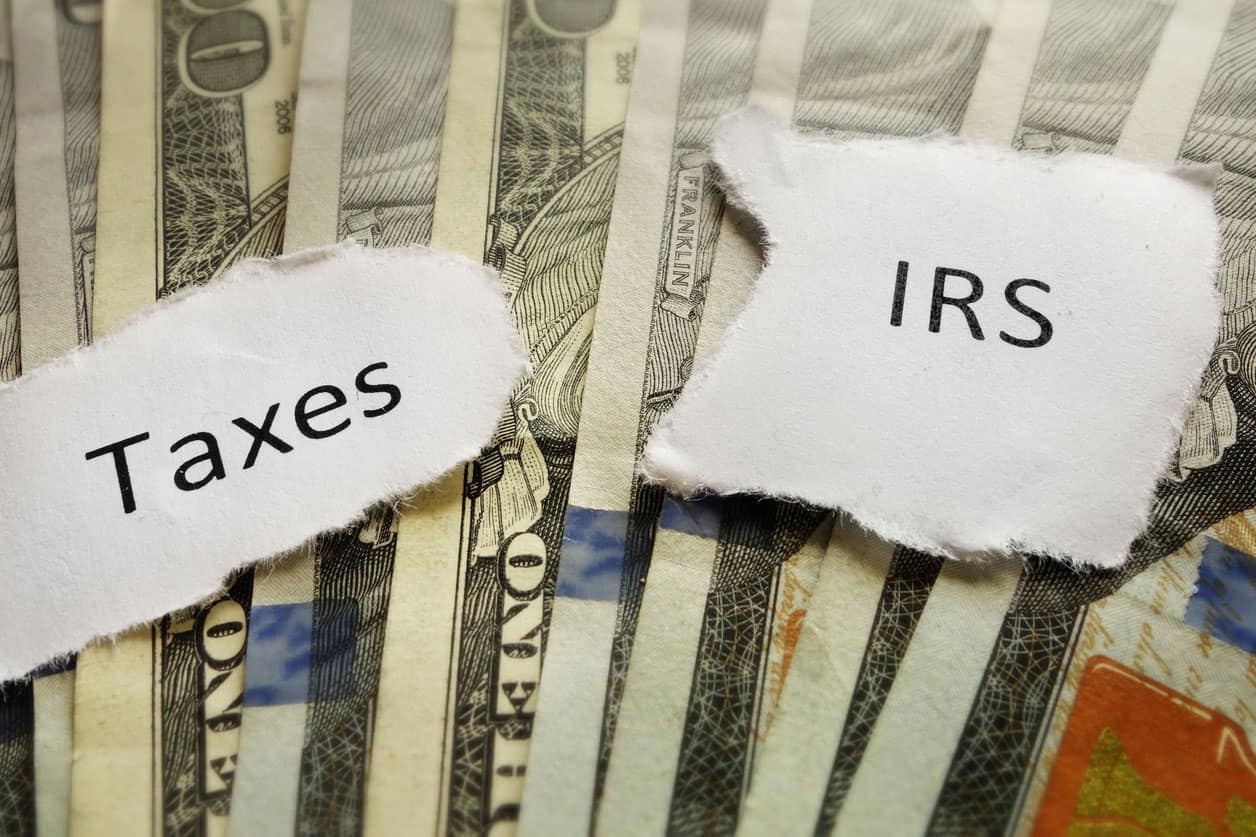
The Proven Way To Settle Your Tax Debt With The Irs Debt Com

How Long Can The Irs Collect Back Taxes Dollars Plus Sense

What Should You Do If You Haven T Filed Taxes In Years Bc Tax

How Far Back Can The Irs Audit Your Tax Returns

A Tax Fight Is Brewing Over Irs Plans To Get More Bank Information Npr

What Taxpayers Must Know About The Irs 10 Year Statute Of Limitations Landmark Tax Group

What Taxpayers Must Know About The Irs 10 Year Statute Of Limitations Landmark Tax Group

How Long Does The Irs Have To Collect Back Taxes Youtube
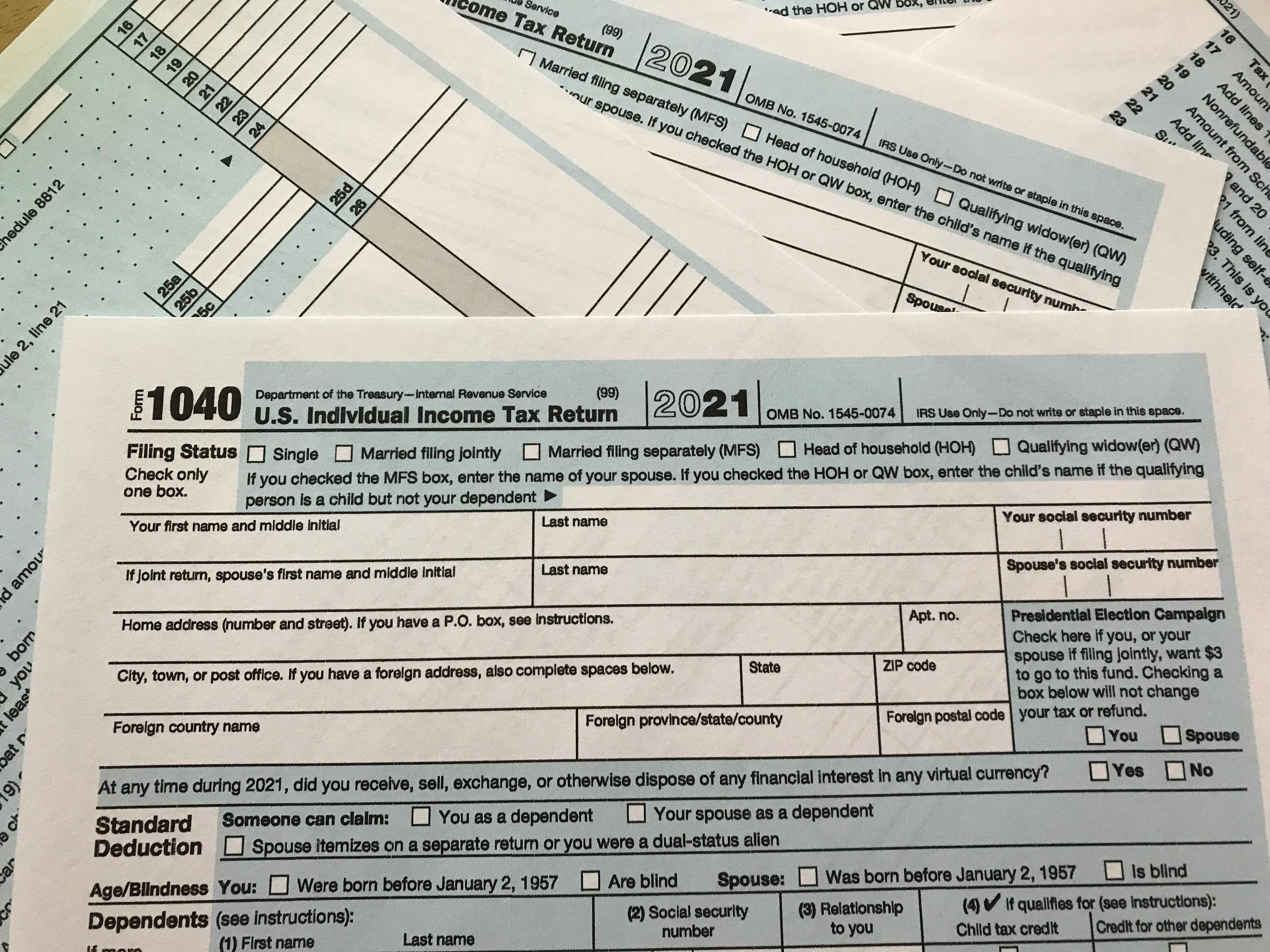
Tax Refunds Stimulus Payments Child Credits Could Complicate Filings

How Long Can The Irs Collect Back Taxes Dollars Plus Sense
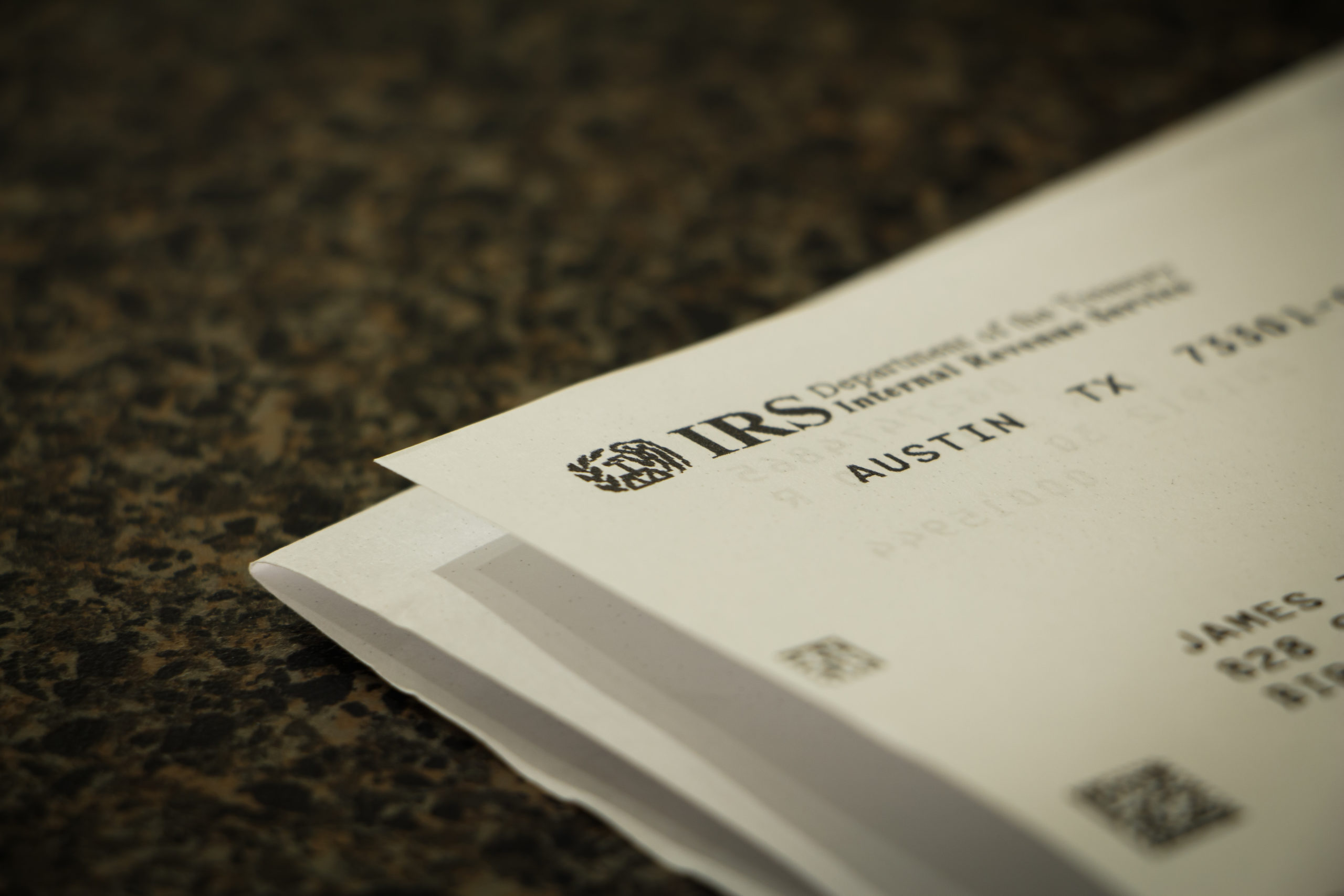
How Long Does The Irs Have To Collect Back Taxes Brinen Associates

Can The Irs Take Your 401 K For Back Taxes Community Tax

If My Spouse Owes Back Taxes Am I Liable It Depends Debt Com

How Far Has The State Gone Back For Failure To File Taxes Priortax
